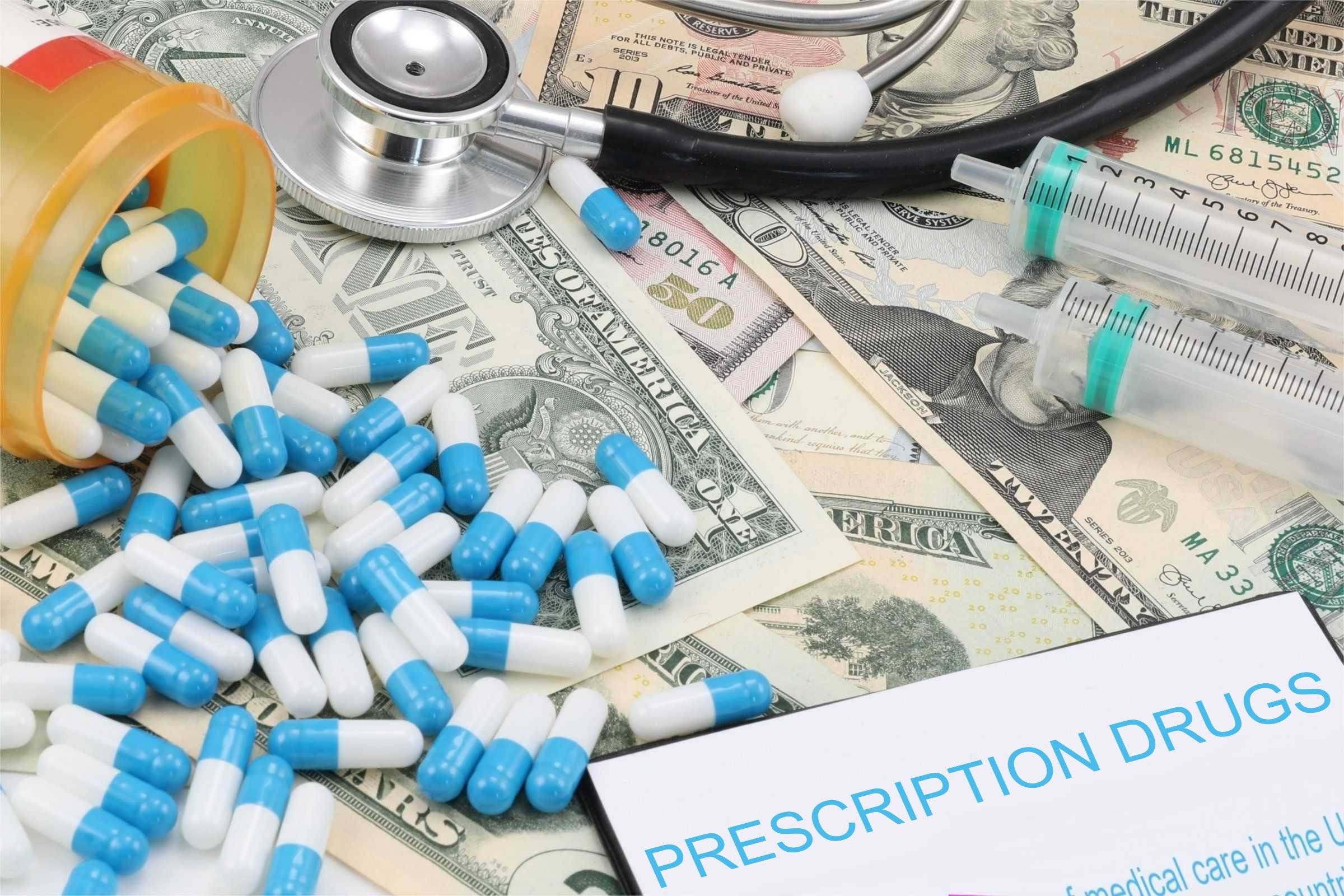At the end of his term, President Trump signed an executive order to undo Obamacare, or the Affordable Care Act. The real problem for America wasn't whether he should have been allowed to dismantle the law, but the core issue is a revolving door health system designed to fail.
Many pharmaceutical industry professionals say that copays and premiums are ridiculously high because that is how the system was designed. It’s been referred to by some as a legal ponzi scheme.
For instance, a prescription that costs $10 to manufacture by a drug company can be sold to a wholesaler for $1,900, who then bills your insurance $4,800? That spread between the manufacturing cost and the final insurance bill is why the copays and premiums are skyrocketing every year. Somebody has to pay it.
Typically, when you go to fill a prescription at the pharmacy using insurance, you end up paying more out of pocket than if you didn’t even have insurance and used an online coupon instead.
Contrary to President Trump's misinformed opinion back then, allowing insurers across state lines to help solve high prices on drugs isn't going to fix anything.
Let's compare this situation to a car dealership. Just because one dealership might be considered the best in Florida, that doesn't mean it would be considered a good dealership in Ohio. All the insurance companies are going to do is form an alliance and keep the prices high just like OPEC does to manipulate the cost of oil.
In 2016, then candidate Trump and Senator Marco Rubio of Texas both argued during a Presidential debate that removing the state lines increases competition resulting in lower drug prices. Competition sounds good, but all this actually ended up doing is encourage the insurance companies to price fix, like many US industries have been accused of this year since the Ukraine war began.
The movie The Big Short that dealt with the 2008 financial crisis featured a scene where Moody's ratings service was exposed for issuing high ratings for risky mortgage backed securities leading up to the real estate bubble bursting and subsequent housing crash. This is exactly how drugs get listed in the insurance industry. When a company makes a new drug, it gets assigned an AWP which stands for Average Wholesale Price. Just like Wall Street has Moody's, Fitch and Standard & Poor's ratings services, and cars have Kelley Blue Book, drugs have an AWP that gets determined by services like First Databank and Red Book. They grossly inflate the AWP relative to the actual market price for the drugs.
The FDA is there to make sure the doctors aren’t killing the patients by overprescribing drugs and monitoring the country’s food supply. So, why has the number of deaths from overdoses on prescription opioids quadrupled since 1999? And of course, the sales of these same drugs have also quadrupled in the same time period.
The only two countries in the world that allow Direct-To-Consumer Pharmaceutical Advertising or DTCPA are the US and New Zealand. And, notice what percentage of American television ads are pharmaceutical commercials. In 2012 it was an astounding 62% of all commercials.
Politicians in Washington are utterly clueless about how to solve healthcare. As long as the FDA is policing the drug industry and insurance companies get to fix the prices, you could hypothetically be better off without any insurance at all and simply paying the penalty.




No comments yet
Be the first to share your thoughts!